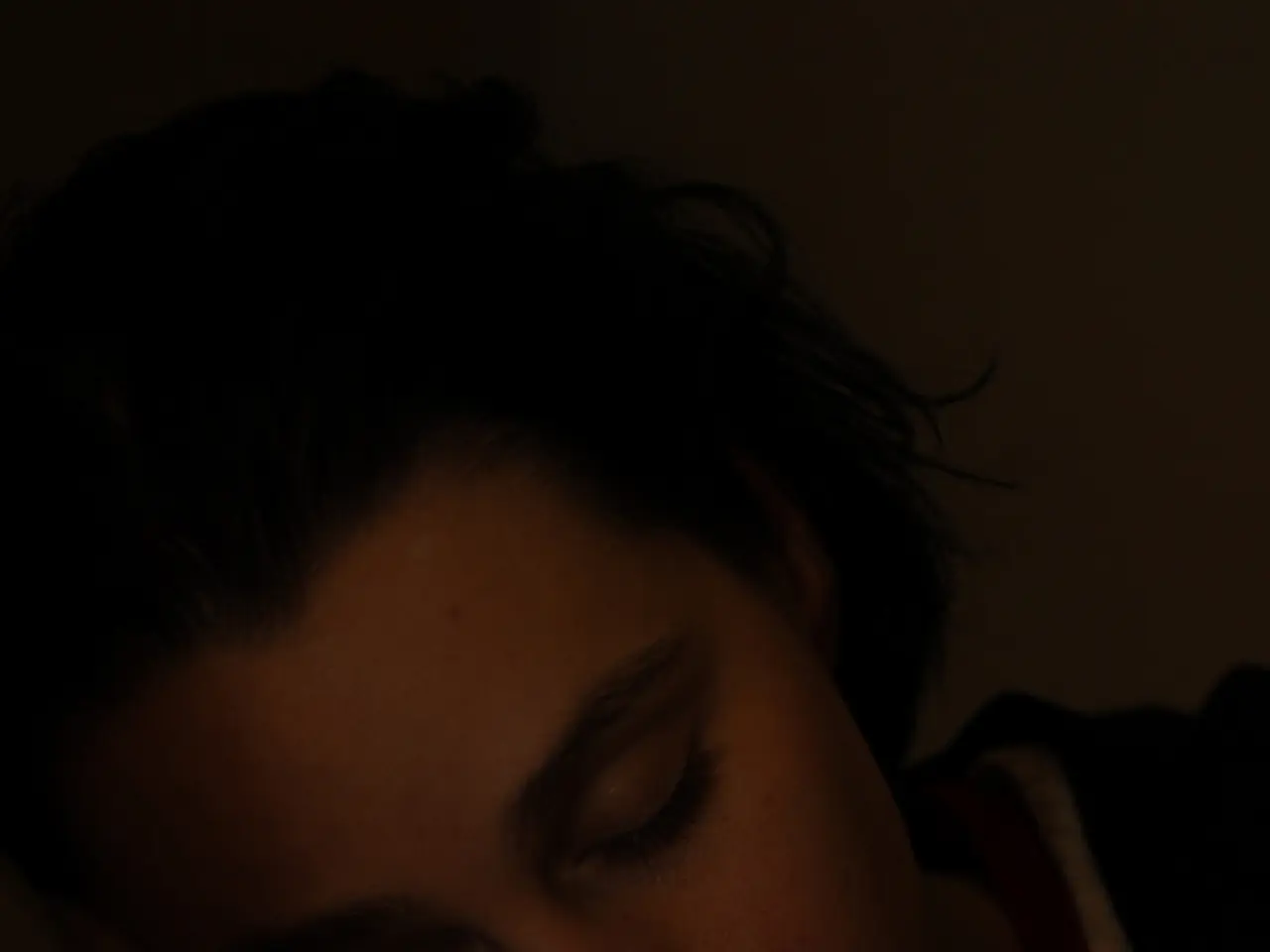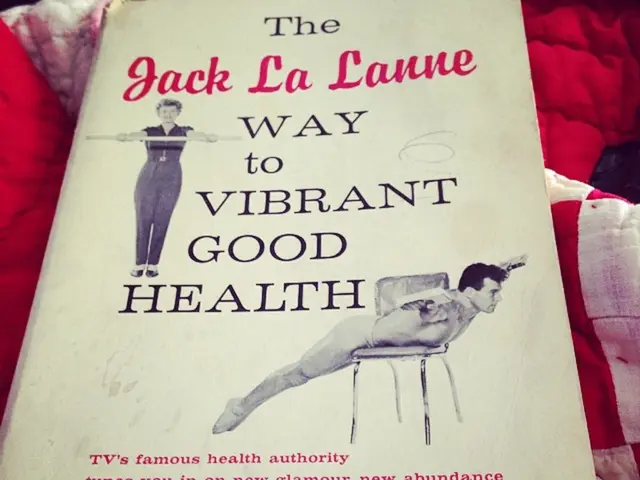COVID-19 Linked to Insomnia and Other Sleep Disorders
Let's Rewrite This Piece on COVID-19 and Sleep Disorders
Hey there! You probably heard that COVID-19 can lead to some long-term effects on those who contract it. One big area of study right now is the group of people known as "COVID-19 long-haulers," who experience symptoms for more than three to four weeks after infection. These folks might need months to recover and may develop additional conditions, like sleep disorders.
"Sleep disorders are common among patients who've had COVID-19," says sleep medicine specialist Cinthya Pena Orbea, MD. "They report insomnia, fatigue, brain fog, and sometimes circadian rhythm disorders."
Here's what we know about the link between COVID-19 and sleep disorders and ways to help alleviate these symptoms:
Is insomnia a symptom of COVID-19?
Coined "coronasomnia," COVID-19-induced insomnia is often attributed to pandemic-related stress, anxiety, depression, and other mental health conditions. "Long-hauler symptoms is a new phase of the pandemic," says Dr. Pena Orbea. "This is an area that we're still studying."
While we've identified over 50 long-term effects of COVID-19, some studies suggest neuropsychiatric symptoms like PTSD, anxiety, and insomnia can worsen over time. And according to Dr. Pena Orbea, people who've had mental health conditions before contracting COVID-19 are at higher risk for developing worse anxiety and depression. This often leads to someone developing a sleep disorder.
Common Long-term Sleep Disorders in COVID-19 Survivors
Most commonly, Dr. Pena Orbea has seen circadian rhythm disorders arise as a result of COVID-19. In these cases, people have a delayed sleep cycle where they fall asleep much later into the evening or earlier in the morning. This delayed cycle extends into the following day, causing people to feel groggy, have chronic fatigue, or wake up later than they prefer. Other common sleep disorders include insomnia, fragmented sleep, excessive daytime sleepiness, and altered sleep duration.
What Helps with COVID-19-related Insomnia?
"Sleep is extremely important for the overall function of our bodies, including our metabolic systems and our immune systems," explains Dr. Pena Orbea. "Since sleep is important for concentration and memory function, it will enhance how patients recover from the disease and impact their quality of life."
To treat sleep disorders, doctors often turn to cognitive behavioral therapy, light therapy, melatonin, or a mixture of methods to help correct your sleep schedule and improve your sleep hygiene.
When to See Your Doctor
It's crucial to see your doctor whenever you're developing new symptoms because it could be a sign of another disease, and this can be challenging to discern, especially when it comes to sleep disorders. If you're experiencing any symptoms that interfere with your daily life, like difficulty falling asleep or staying awake during the day, it's best to call your doctor.
In conclusion, long COVID can lead to persistent insomnia and disrupted sleep patterns, primarily influenced by inflammation and mental health status. Treatment centers around improving sleep hygiene, managing concomitant emotional and physical symptoms, and, when needed, pharmacotherapy guided by a healthcare professional. Following this integrated approach can help alleviate sleep disorders, contributing to better overall recovery and quality of life after COVID-19.
- The scientific community is investigating the effects of COVID-19 on long-term health, with a particular focus on sleep disorders that may develop among individuals who contracted the virus.
- Sleep medicine specialists have identified connections between COVID-19 and various sleep disorders, such as insomnia, circadian rhythm disorders, and fragmented sleep, often due to increased anxiety, depression, and stress associated with the pandemic.
- To manage COVID-19-related sleep disorders, healthcare professionals recommend strategies like cognitive behavioral therapy, light therapy, melatonin supplementation, and improving sleep hygiene, aiming to promote better overall recovery and quality of life.








